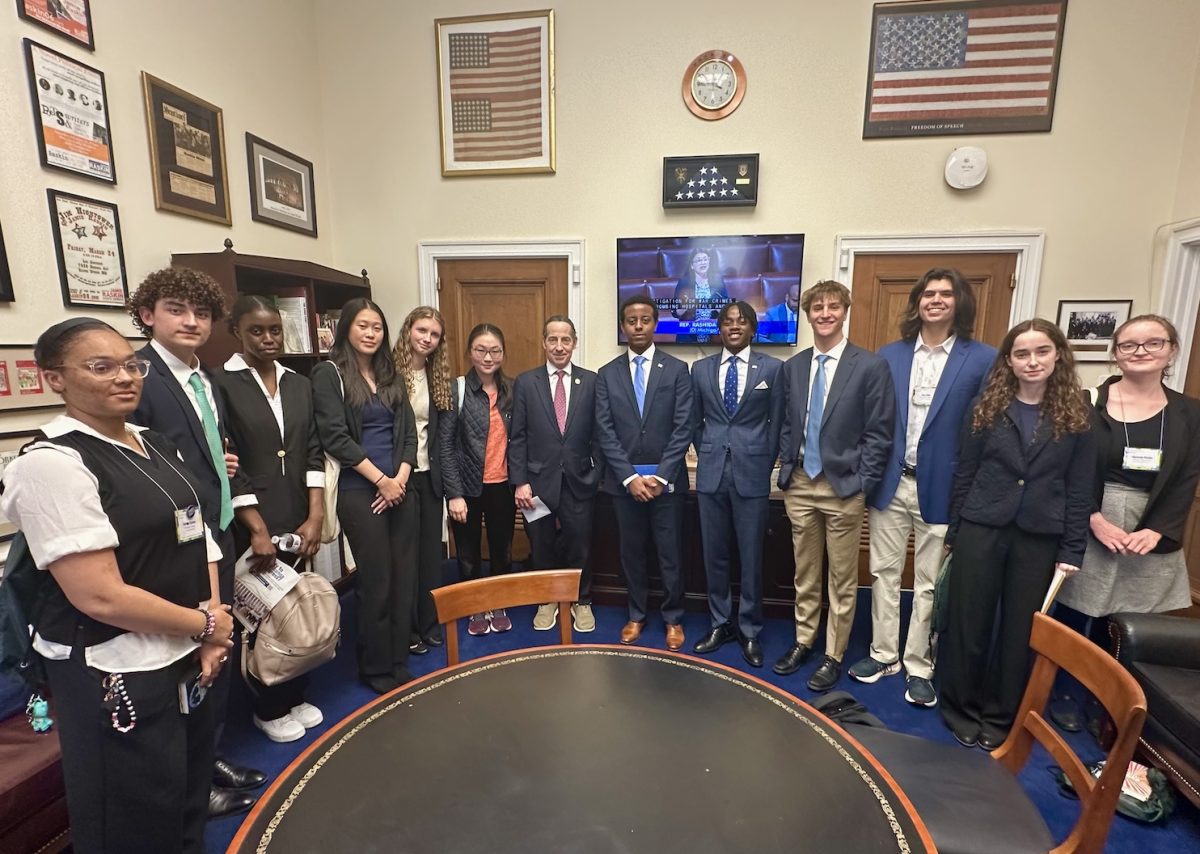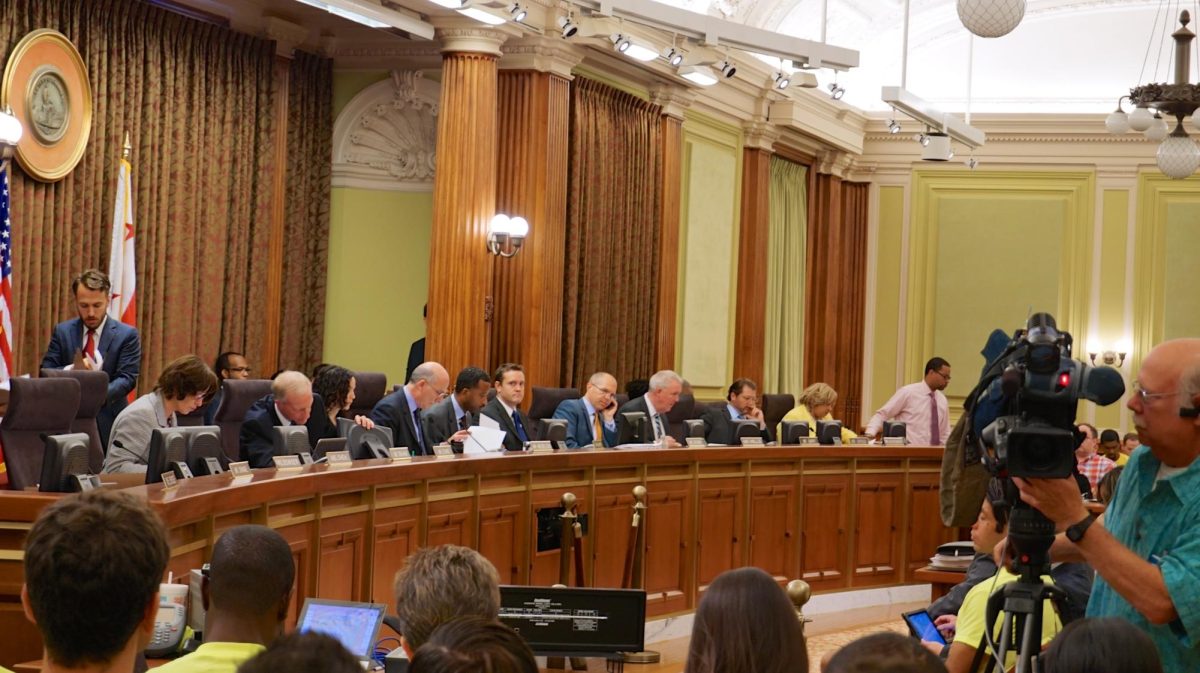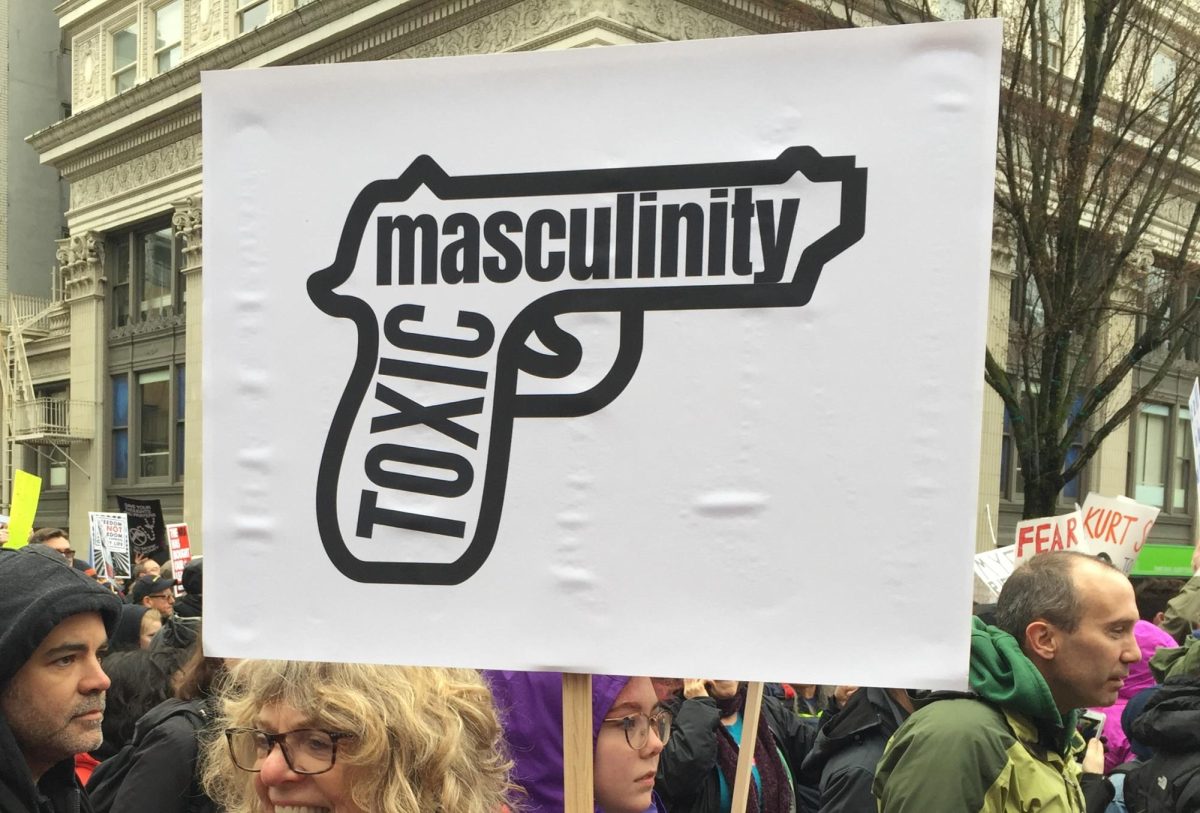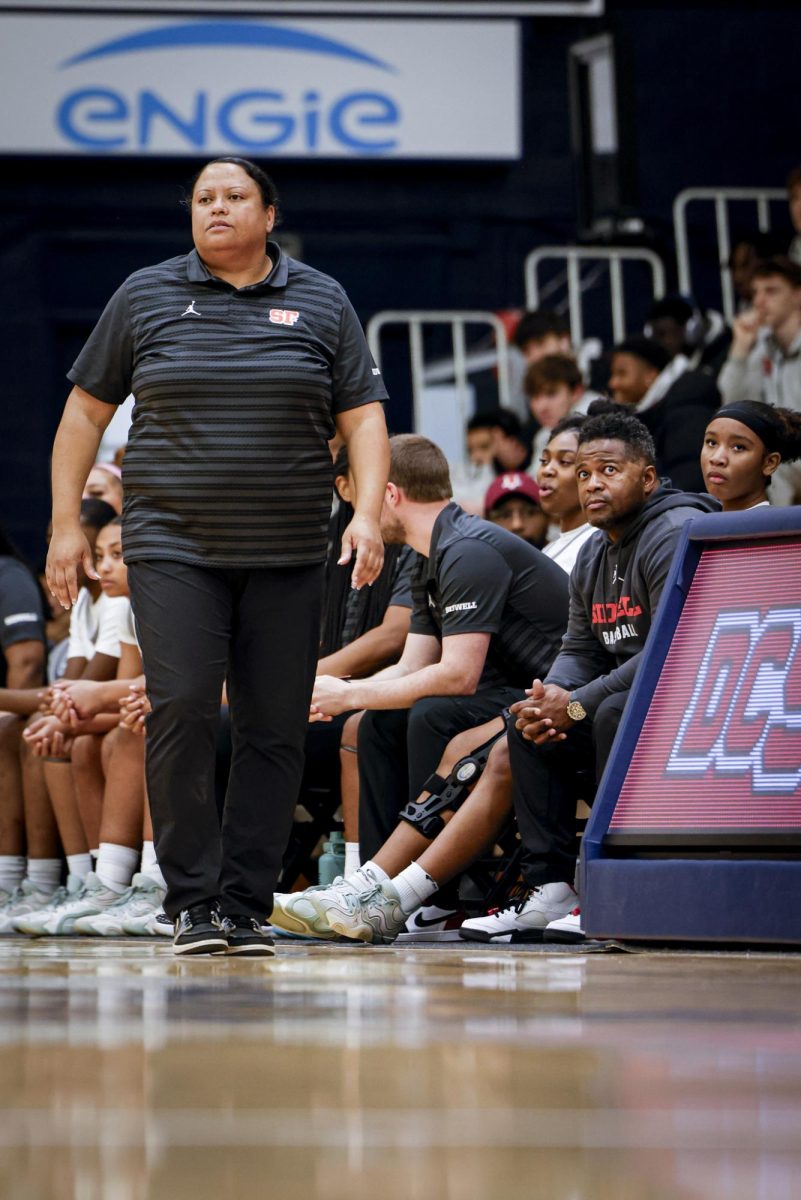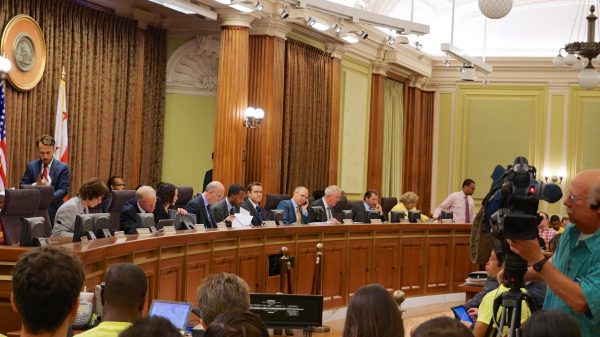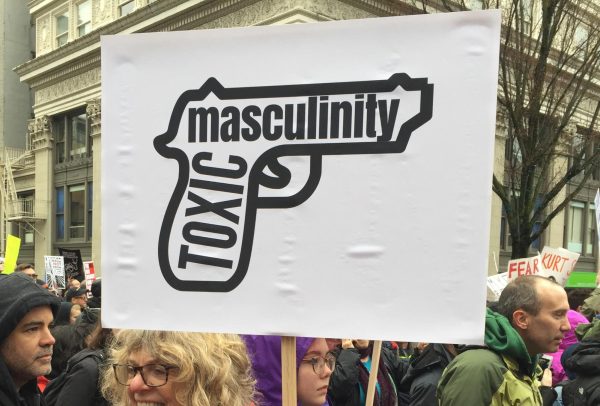The Overturning of Roe v. Wade Will Prompt Restrictive Federal Policies
On January 22, 1973, the U.S. Supreme Court voted in favor of Norma McCorvey in the historic Roe v. Wade case, ruling that it was a woman’s constitutional right to have an abortion without government restriction. After nearly 50 years of legally-protected abortion access, the Supreme Court overturned Roe v. Wade on June 24. The court’s conservative majority was a major impetus behind this new ruling, given many Republicans’ longstanding objections to abortion. Many Americans expressed concern for essential reproductive rights, as the decision grants legal jurisdiction over abortion access to individual states. To protect reproductive rights, the federal government must act swiftly to legally establish the right to abortion.
Absent federal action, conservative-leaning states will crack down sharply on abortion. According to the Center for Reproductive Rights, conservative states are significantly more likely to implement “trigger bans,” full abortion bans enacted immediately after the ruling. In comparison, most Democrat-controlled states are holding tightly to previous pro-choice policies. Fortunately, President Joe Biden has issued several executive orders to help safeguard reproductive rights, including cases in which travel to another state is necessary in order to access an abortion. For example, a 10-year-old girl in Ohio recently made headlines when new restrictions prevented her from receiving an abortion following a sexual assault. The girl was able to obtain an abortion in Indiana, though her case drew attention to the uncertain state of abortion accessibility. It is increasingly critical that the federal government safeguard abortion access across states, as well as include stipulations for similar cases of assault.
Action needs to be taken urgently, as the pro-choice stance of the current administration and Congressional majority could change in upcoming elections. Future federal policy may grow more restrictive, limiting cases in which abortion is allowed, as well as the ability to travel for care in other states. These policies have critical implications for women mentally, physically or financially unable to provide for a child. By forcing unplanned pregnancies to be carried to term, they would also fail to account for cases of rape or incest.
Furthermore, studies show that abortion restrictions have a disproportionate impact on lower-income and minority women. A survey of abortion patients by the Guttmacher Institute indicated that 75% of Americans who receive abortions are classified as low-income. According to another study by the Kaiser Family Foundation, Black women receive more than a third of abortions in the country, and Hispanic women about a fifth, meaning that women of color would be most heavily affected by abortion restrictions. Federal laws ensuring abortion accessibility are the only way to avoid exacerbating these race and class-based inequalities.
Therefore, it is critical that in the coming months we elect candidates with policies aimed to alleviate the damage dealt by the Supreme Court’s decision. There may still be a way to protect abortion access if we back leaders who are willing to step beyond personal convictions and protect American women’s rights over their bodies.








